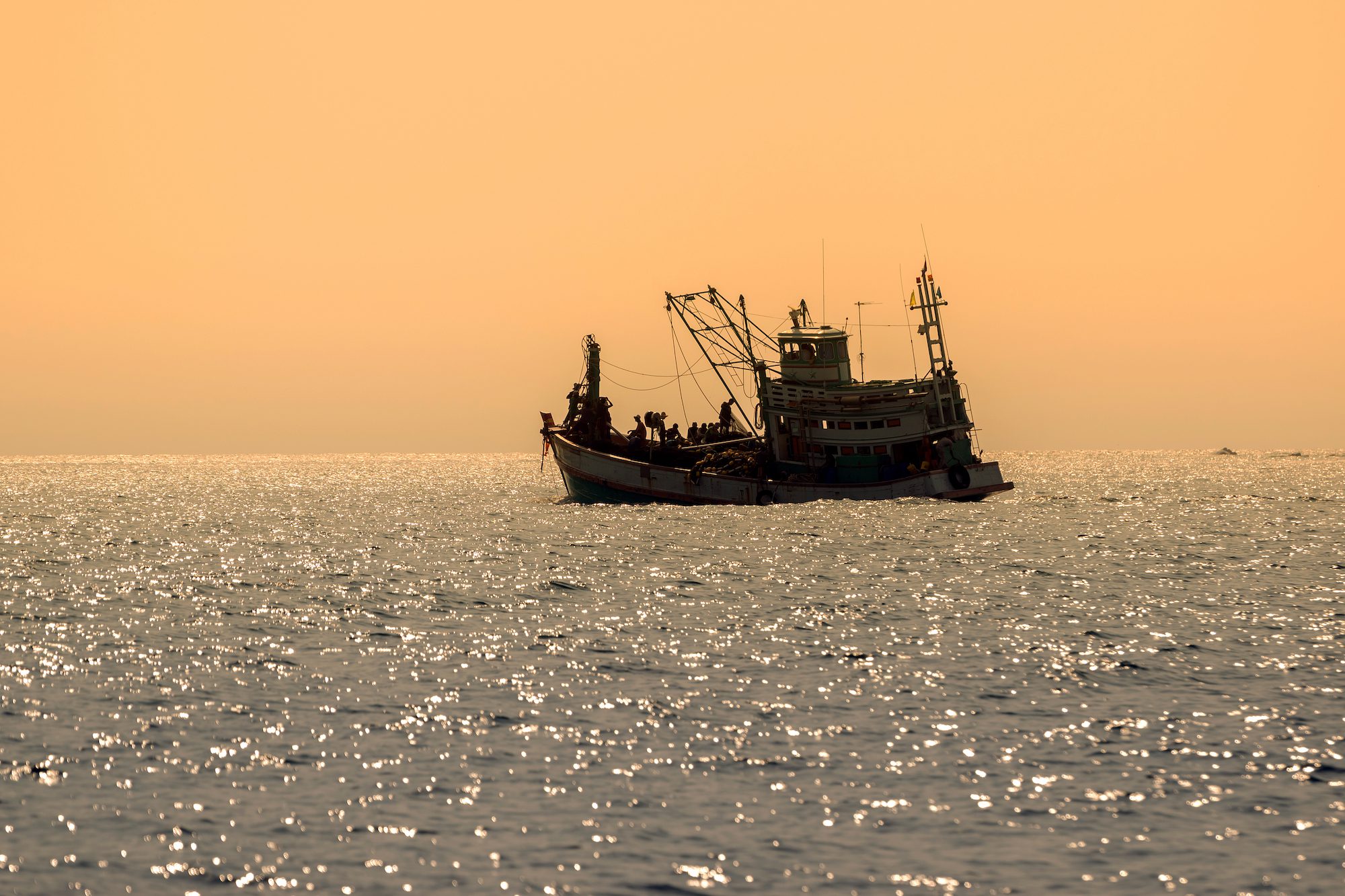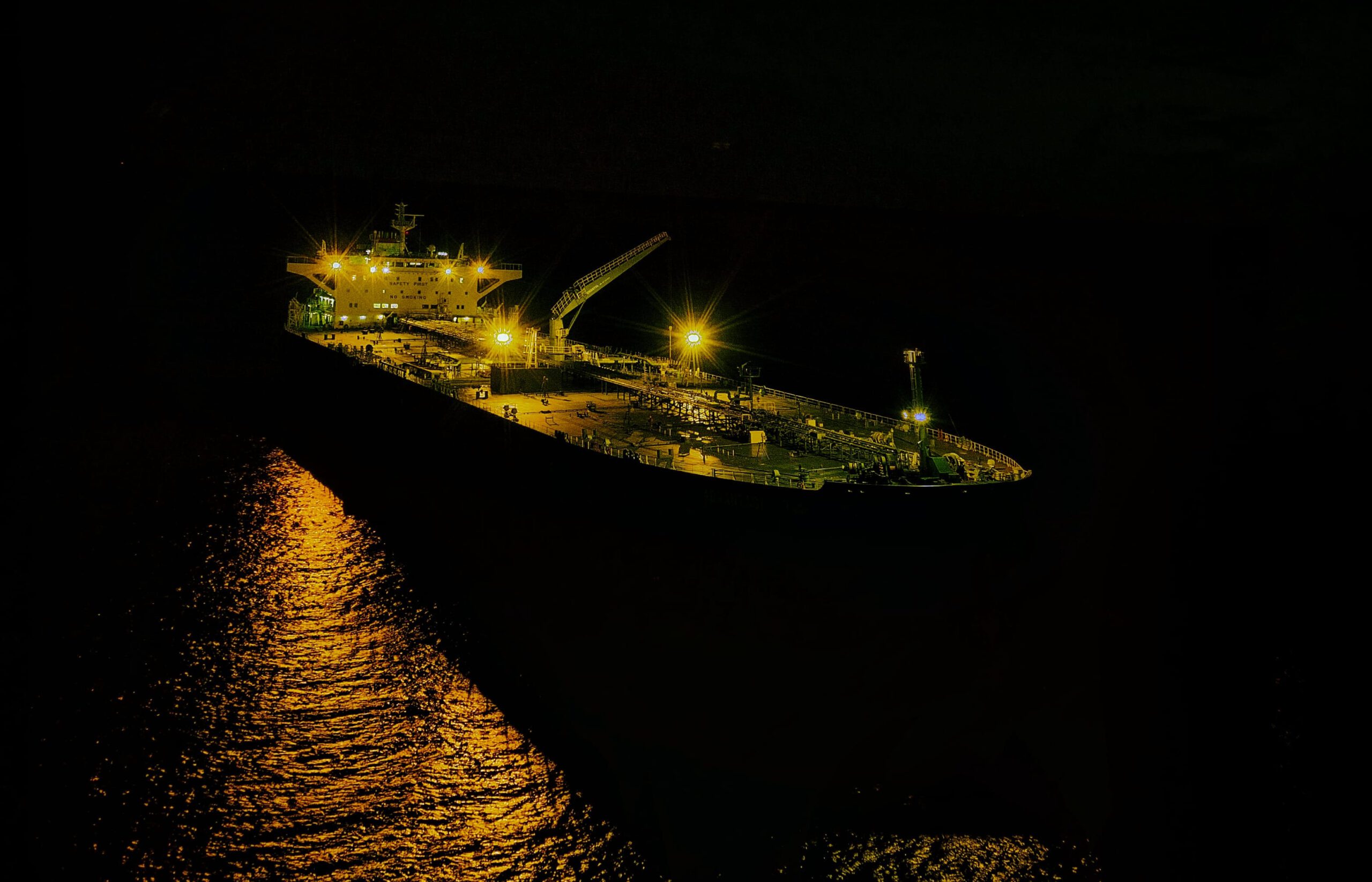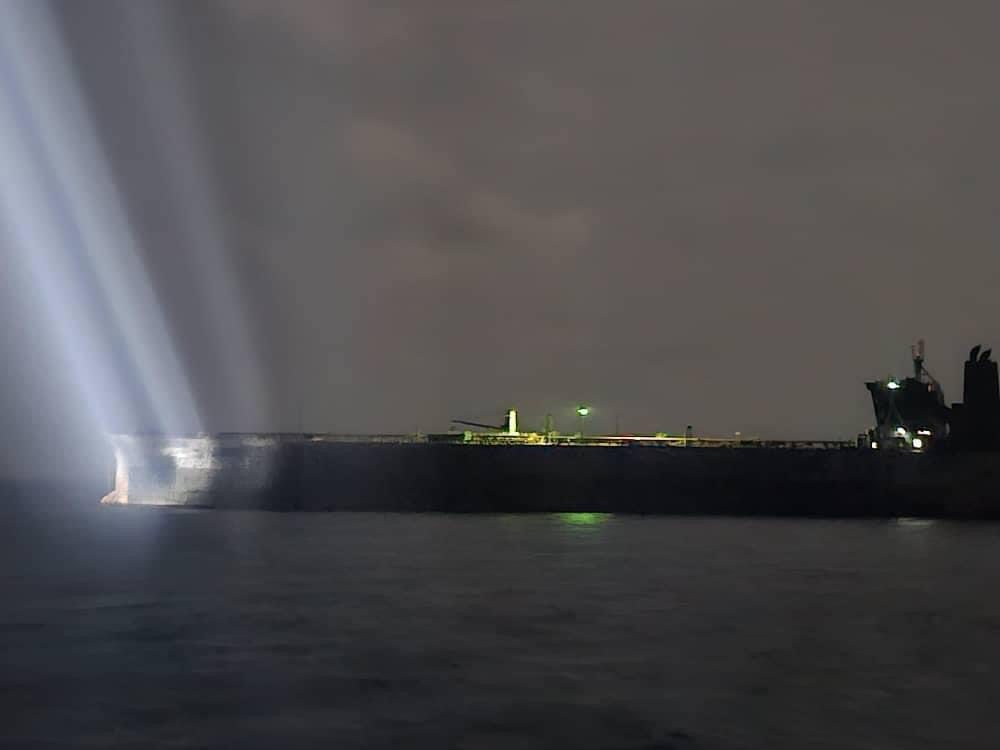By Louise Rasmussen
COPENHAGEN, March 23 (Reuters) – Organised crime in the fisheries industry that endangers stocks, exploits labour and robs states of billions of dollars must be fought with cross-border surveillance and stronger law enforcement, officials meeting in Copenhagen heard on Thursday.
Some 600 million people worldwide depend on the sector for their livelihoods, working in a value chain affected by illegal fishing, slave labour, corruption and tax evasion, according to the United Nations Food and Agriculture Organization (FAO).
Government ministers and delegates attended a conference by the Blue Justice Initiative, backed by 60 coastal states as of Thursday, including Brazil, South Africa, Norway and Indonesia, to jointly eradicate transnational crime in global fisheries.
Many developing nations lack even the basic tracking systems needed to understand the scope of the problems faced, according to the Norwegian fisheries ministry, which acts as secretariat for the initiative.
The transnational nature of organised crime makes law enforcement even harder, as it can be difficult to prove that a crime took place within the maritime borders of a particular country.
“One thing is the tracking, getting the data, analysing it, being able to catch the criminals, but then you need law enforcement in the country to take it further,” Norway’s development minister, Anne Beathe Tvinnereim, told Reuters.
“If you don’t have law enforcement … coast guards, ships, a legal system that can take care of the criminals, you haven’t really achieved anything. So it’s a long chain of things you need in place,” she said on the sidelines of the conference.
Citing research papers, the FAO estimates that fisheries revenue of between $9 billion and $17 billion is annually funnelled via illicit trade, with fishing contributing up to about 60% of government income in some smaller island states.
“It’s a long way to come but we have to start somewhere because it’s such a big loss of income and food resources for these countries,” Tvinnereim said.
(Reporting by Louise Breusch Rasmussen, editing by Terje Solsvik and Mark Heinrich)
(c) Copyright Thomson Reuters 2023.

 Join The Club
Join The Club












